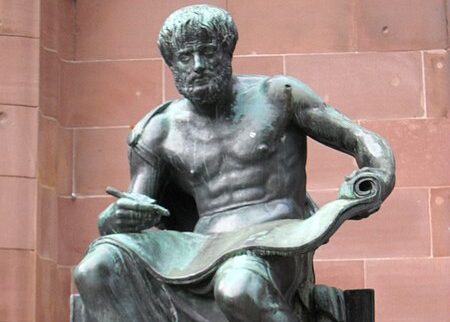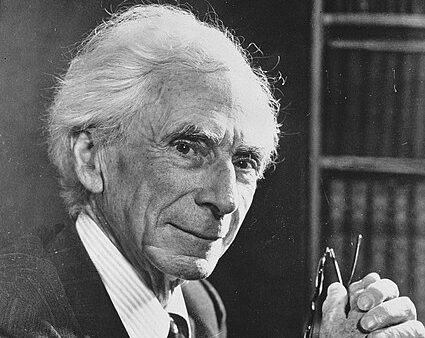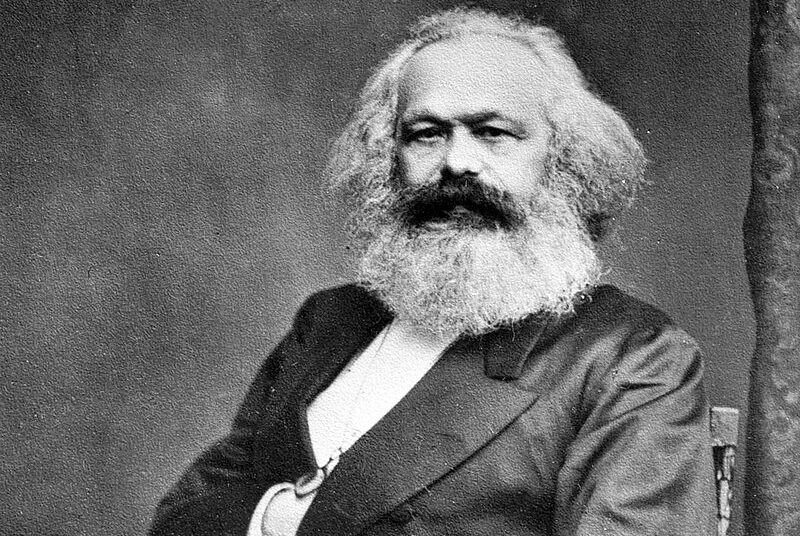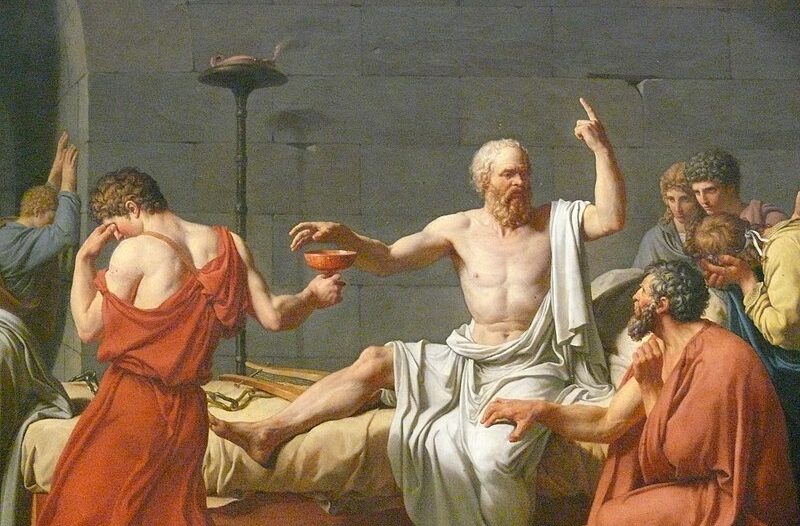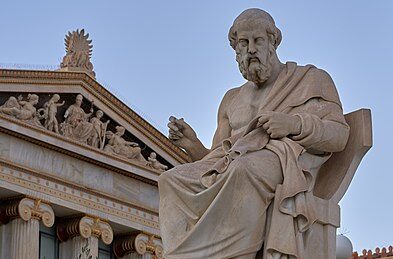Aristotle, the eminent ancient Greek philosopher, is a figure whose intellectual contributions have left an indelible mark on Western philosophy, science, and various other fields. Despite living over two millennia ago, the fragments of historical records that remain have ignited endless debates and interpretations regarding his life and ideas.
Plato’s Influence and Departure: One of the early controversies surrounding Aristotle centers on his relationship with his teacher, Plato. While Aristotle was Plato’s most famous student, their philosophies eventually diverged. Some scholars have debated the extent to which Aristotle departed from Plato’s idealism and formed his own philosophical system.
Formal Logic: Aristotle is renowned for his development of formal logic, particularly his syllogistic reasoning. However, there have been debates about the limitations and accuracy of this system, leading to subsequent developments in logic by other philosophers.
Natural Philosophy and Science: Aristotle’s works on natural philosophy and science were groundbreaking in their time. However, with the advancement of modern scientific knowledge, some of his ideas have been challenged and revised. Critics argue that certain aspects of his natural philosophy are no longer applicable in light of modern scientific discoveries.
Views on Slavery: Aristotle’s acceptance of slavery as a natural institution has been highly controversial. Critics argue that this view perpetuated unjust social hierarchies. One of the most contentious aspects is his theory of natural slavery, which posited that some individuals were born to be slaves by nature. This notion has been widely criticized as ethically problematic and inconsistent with contemporary notions of human rights and equality.
Teleology and Final Causes: Aristotle’s belief in teleology, the idea that everything in nature has a purpose or end goal, has been subject to debate. While some see value in this perspective, others consider it outdated and prefer mechanistic explanations for natural phenomena.
Ethics and Virtue Theory: Aristotle’s virtue ethics is still a subject of philosophical inquiry and debate. While some praise its focus on character development and moral virtue, critics question its applicability in complex moral dilemmas.
Influence on Christianity: Aristotle’s ideas had a profound influence on medieval Christian thought, particularly through the works of Thomas Aquinas. However, this connection also led to tensions between Aristotelian philosophy and certain Christian doctrines.
Criticism of Democracy: Aristotle’s political philosophy has been both praised and criticized. His critique of democracy and advocacy for a mixed system of government have sparked discussions about the best form of governance.
Gender Roles: Some modern scholars have scrutinized Aristotle’s views on women and gender roles, arguing that they reflect the patriarchal attitudes of his time. His ideas about women’s intellectual and political capacities have been a subject of critique.
Relationship with Alexander the Great: Aristotle was Alexander the Great’s tutor during his youth. Some have questioned the extent of Aristotle’s influence on Alexander’s later actions and empire-building.
Authorship and Preservation of Works: There have been discussions about the authenticity and preservation of Aristotle’s works, given that many of his writings survived through later copies and translations. Different schools of thought have approached his texts differently, leading to different understandings of his philosophical ideas.
Aristotle, the ancient Greek philosopher, is a luminary whose intellectual brilliance transcends time. From his early life and education under Plato to the establishment of the Lyceum, his journey shaped the course of Western thought. While some of his ideas have been embroiled in controversy and subject to criticism, Aristotle’s contributions to philosophy, science, and other disciplines remain foundational and enduring. His legacy continues to inspire scholars and thinkers, making him an eternal beacon of wisdom in the annals of human knowledge.
